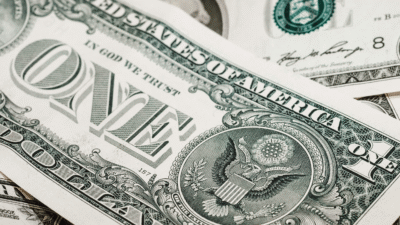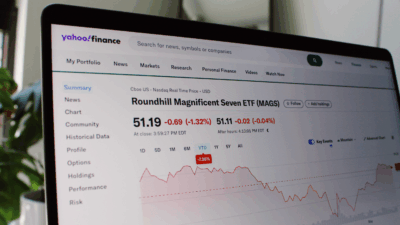Where Have All the Short Sellers Gone?
Since 2008, funds with a short bias have seen assets decrease to $4.6 billion from around $7.8 billion.
Sign up for smart news, insights, and analysis on the biggest financial stories of the day.
Sure it’s summer, but Wall Street’s bears are still in hibernation.
The US economy continues to hum, equities markets continue to set all-time highs, and a long hoped-for soft landing rests more visibly on the horizon. For most, that’s good news. For short sellers, it’s anything but.
The Sky is Not Falling
While the meme stock short-squeeze mania has had a chilling effect, it’s hardly short sellers’ biggest challenge. Ditto for recent rules introduced by the SEC that require more disclosures from short sellers.
Instead, a nearly 15-year-long bull market, give or take a pandemic, is by far the most likely reason short sellers are in retreat. In the past decade, the overall S&P 500 market cap has skyrocketed by around $30 trillion.
“Short sellers have a high tolerance for pain,” Stephen Kates, Principal Financial Analyst for RetireGuide.com, told The Daily Upside. “But it can be particularly bad when the market just goes up for a decade-and-a-half almost without fail.” At some point, investors start pulling out. Just ask Jim Chanos, who last year converted his longtime short-selling hedge fund into a family business after its assets had fallen to just $200 million from around $6 billion in 2008.
And while Chanos may be the trend’s poster child, he’s far from the only one. When we say short sellers are in retreat, we really mean it:
- Since 2008, funds with a short bias have seen assets decrease to $4.6 billion from around $7.8 billion, according to Hedge Fund Research data seen by Bloomberg (there’s nothing like a global financial crisis to bring out the bears).
- Meanwhile, Goldman Sachs estimates seen by Bloomberg peg the median short interest in an S&P 500-listed company at just 1.7% — the lowest level in over 20 years. Breathe easy, bubble watchers: its price-to-earnings ratio remains several healthy steps lower than just before the early-2000s dot-com bubble burst.
That leaves just a few savvy players in the short-selling game, groups that Kates calls “assassins,” such as Hindenburg Research and Citron Research. These small firms make hay by unearthing corporate malfeasance, establishing short positions, then publishing their deep research.
GameStopped: Noted short-squeezer and king of the meme-stockers Keith “Roaring Kitty” Gill conducted his first livestream since the Gamestop frenzy almost four years ago. Gamestop shares, which had rallied in the lead-up to the YouTube event, subsequently plummeted some 40%. The cat didn’t get the cream on this particular Friday.












